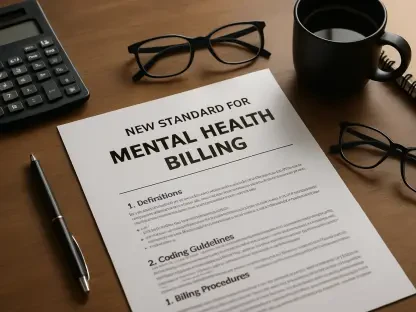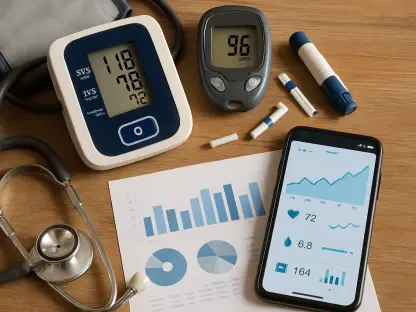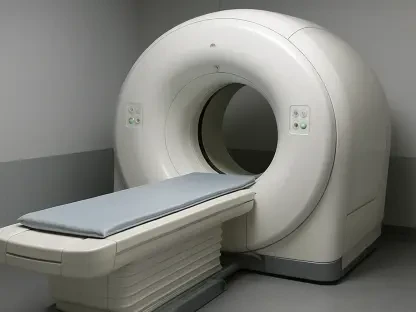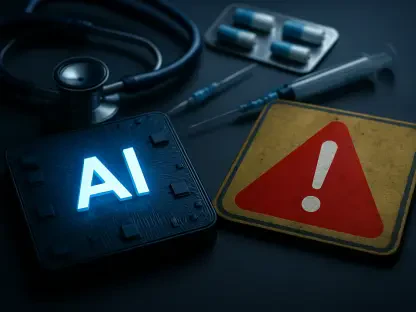Imagine a world where patient data isn’t just protected but actively managed by the patients themselves, all the while adhering to the stringent compliance requirements of the healthcare industry. That world isn’t far off—thanks to blockchain technology, healthTech compliance is seeing a revolutionary transformation.
The Genesis of Trust
Blockchain technology, often synonymous with cryptocurrencies, has found an unexpectedly perfect fit in the realm of healthcare compliance. By leveraging the inherent trust and transparency that blockchain provides, healthcare organizations can significantly improve how they manage sensitive data.
“One of the most critical aspects of healthcare is trust. Patients want to know their data is safe, and compliance officers want to ensure regulations are met. Blockchain fulfills both needs seamlessly,” says Dr. Laura Hernandez, a healthTech compliance specialist.
Real-World Applications
The implementation of blockchain technology in healthTech isn’t just theoretical. In recent years, there has been a rapid adoption of blockchain-based solutions. For instance, medical supply chains utilize blockchain to track medications and medical equipment, ensuring they meet regulatory standards at every step. In addition, patient consent management systems have incorporated blockchain to give patients greater control and transparency over their data.
Consider the case of MedRec, a blockchain-based application designed by a team of researchers at MIT. MedRec authenticates and maintains medical records while ensuring that access is completely transparent and securely managed. This system ensures only authorized personnel can access patient data, reducing the risk of data breaches and maintaining regulatory compliance.
Regulatory Alignment
The healthcare industry is no stranger to stringent regulations. The Health Insurance Portability and Accountability Act (HIPAA) in the United States and the General Data Protection Regulation (GDPR) in Europe impose rigorous standards. Blockchain technology, with its immutable and transparent ledger, is perfectly poised to meet these demands.
“Regulatory compliance has always been a minefield. Blockchain simplifies this by creating an unalterable record of all transactions and interactions with patient data,” explains John Smith, a healthcare compliance officer.
Security and Transparency
One of the major concerns in healthcare is the security of patient data. With breaches making headlines, the need for robust security measures has never been higher. Blockchain offers an unparalleled level of security by its very design. Its decentralized nature means there’s no single point of failure, and all records are time-stamped and encrypted.
Moreover, blockchain enhances transparency. Every interaction with patient data gets recorded, making it easy for auditors and regulators to verify compliance. This transparency not only helps in meeting regulations but also in building trust with patients.
Overcoming Challenges
However, the path towards full blockchain integration isn’t without its challenges. The technology is still in its nascent stages and comes with its own set of complexities, such as scalability issues, interoperability with existing systems, and the need for a skilled workforce trained in blockchain technology.
In fact, training and adaptability remain pivotal factors. “The integration of blockchain is a significant paradigm shift. It requires both technological know-how and a cultural change within organizations,” highlights Emily Jackson, a blockchain technology consultant.
Looking Ahead
As we move further into an era of digital health, the potential for blockchain technology in healthTech compliance seems boundless. Healthcare organizations are increasingly recognizing the importance of integrating blockchain not just for compliance, but also for improving overall operational efficiency and patient trust.
The next steps involve more widespread adoption, further development of blockchain solutions tailored to healthcare, and addressing the prevailing challenges. The encouragement of partnerships between blockchain specialists and healthcare providers can fast-track this evolution.
Blockchain technology has already begun the journey of transforming healthTech compliance. The confluence of security, transparency, and regulation has never been more critical, and blockchain stands out as the ideal candidate to meet these demands. The future isn’t just compliant—it’s secured in a transparent, unalterable mesh of trust and data integrity.









